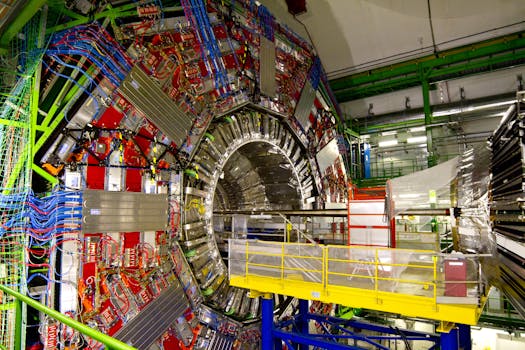
Introduction to Quantum Mechanics

Understanding quantum mechanics is essential for grasping the fundamental nature of reality. Quantum mechanics is a branch of physics that deals with the behavior of matter and energy at the smallest scales, such as atoms and subatomic particles. This field of study challenges our classical notions of how the universe operates.
The Basics of Quantum Mechanics

At its core, quantum mechanics introduces concepts such as wave-particle duality, superposition, and entanglement. Wave-particle duality suggests that particles like electrons exhibit both wave-like and particle-like properties. Superposition allows particles to exist in multiple states at once until measured. Entanglement describes a phenomenon where particles become interconnected, so the state of one instantly influences the state of another, regardless of distance.
Implications for Reality

The implications of quantum mechanics stretch far beyond the lab. One significant aspect is the impact on our understanding of reality itself. Traditional views of a deterministic universe are challenged by quantum randomness. This randomness suggests that outcomes are not predetermined, leading to philosophical questions about free will and the nature of existence.
Quantum Mechanics in Technology

Quantum mechanics is not just theoretical; it has practical applications that are shaping our world. Technologies such as quantum computing and quantum cryptography leverage quantum principles to revolutionize computing power and data security. These advancements signal a shift towards a future influenced by quantum technologies.
Conclusion

In conclusion, understanding quantum mechanics is vital for comprehending the intricate fabric of reality. Its principles challenge our classical perceptions and open up new realms of scientific inquiry and technological innovation. As research continues, the implications of quantum mechanics will undoubtedly lead to further revelations about the universe and our place within it.






